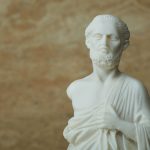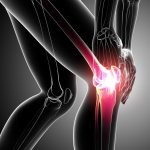Letter From the Publisher
Razi Ann Berry
A recent hospital study reported that 51% of children polled had used some form of complementary and alternative medicine in the past year. As parental concern of illnesses such as autism spectrum disorders and attention deficit disorders continues to rise, naturopathic physicians are uniquely positioned to meet a growing demand for safe, natural, and effective healthcare options for children. Now that the school year has begun, we felt it appropriate that this month’s forum be dedicated to Naturopathic Pediatric medicine.
I want to thank you for your continued feedback, and your participation in ND News & Review. This is your forum, so let us continue to hear from you!
Dear Ms. Berry:
Today I received my first ever copy of ND News & Review….WOW. Especially timely for me personally, having had two open heart surgeries, and trying to fall back on our basics instead of the medications which circumstances forced upon me.
I had no idea that a periodical like yours was available. I think it will have a growing and beneficial effect on our profession and patients, and with the other crowd.
I commend you and your efforts, and will try to be supportive as a physician in the community. Thank you again for my subscription.
Sincerely,
William A. Dunn, N.D.
Salt Lake City, Utah
Dear Publisher,
Let me take a moment to congratulate you for a much needed paper for the profession. It is informative and not overly crowded with ads.
Sincerely,
D.W. ND
Dear Editors of NDNR:
I am writing in response to the David Schleich’s article on the The Nature of the ND Curriculum that appeared in a recent issue of NDNR.
Research efforts have been a essential part of the re-vitalization of naturopathy since the 1980s. To the extent that research is on the front line of opening the profession to the scrutiny of the larger community, it will be a critical factor in the future of naturopathic medicine. The larger we grow, the less we can hide. Dr. Schleich’s article may be taken by some as an unfortunate reinforcement of the streak of anti-intellectualism that has been pervasive, to our great detriment, among many in the profession.
If we refuse the systematic examination of our theory and practice, we contradict the reality of modern understanding on the responsibility of an ethical health care profession to examine itself. If we purport that our naturopathic schools are the seat of intellectual authority for natural medicine, we cannot refuse to support the profession’s cognitive functions of memory (libraries and scholarly activity) and discrimination (research). While the heart-centered essentials of naturopathic medicine are perhaps what distinguishes it from conventional medicine, we shouldn’t forget the brain, which, it has been widely speculated, NDs also possess. Research can be done in many ways and put to many uses. The development of “technical rationality,” is only one of them, though not a trivially unimportant one as Dr. Schleich suggests. Much more important is answering the question: “Are we helping patients or hurting them?” If we are helping them, we have an obligation to demonstrate that and to use valid data to bend the health care system in our direction. If we are not helping, we are obligated to alter our practice and to seek new paths to healing.
The pro- and anti-research debate is recurrent in academia because the core business product of the colleges is education, not discovery. Naturopathic physicians, as an adolescent professional community, operate under resource constraints. Responsible administrators are necessarily concerned with the budget of this year, next year, and maybe the next. Some visionaries among them may have a 5 or even a 10 year plan. They may not have a perspective on the history of modern medical culture as it has little impact on their more immediately pressing budgetary and management concerns. In this context, some administrators attack research as a ‘frill’. Those who do this treat our academic institutions as trade schools, with a restricted body of information purveyed by journeymen who don’t recognize what they don’t know nor understand how their curricular content interacts with the rivers of data now available to competitors, consumers, policy-makers and regulators. If we reject the framework of science, what should we teach? Naturopathic medicine, in the absence of being science-based, has been described as “philosophy-based” or principle-driven. Yet there is wide divergence in practice among NDs. Whose dogma is the true dogma? If we do not have a cadre of naturopathic scientists who understand the language and tools of experimental and descriptive science, how will we interpret emerging scientific data? If we rely solely on the scientific work of non-naturopaths to fill our curricula, would it be surprising if naturopathic principles are distorted?
This profession must respond to many demands: education, medical decision-making, political, regulatory, public relations, the development of successful practice business models. While we shouldn’t cripple ourselves by an overdependence on data and “proof”, neither should we be so foolish as to forgo investigation into our own clinical experiences. We should not allow others to test our practice without our guidance on what the practice is in replicable and reliable research terms. We must have the expertise to deflect attacks based on bad science. We must have the maturity to change our practice when data show we are wrong. As we tap into national health care systems, research on our practice will be done. The question is whether naturopaths are prepared to take scientific responsibility and have a voice in it or if they will be mere flotsam in medical history.
There are also non-clinical and non-scientific reasons for pursuing a research program. Even educational administrators should recognize the pragmatic value of research programs on public relations, recruiting, donations, and as a tool of political action. Students are drawn to schools with a scientific basis; even if they are not interested in doing research, they are attracted to the credibility associated with active research programs. At NCNM right now, most donated money is attracted by research. When I was at Bastyr in the 1990s, a significant amount of total donations were also for research. Political action occurs in a public arena; in the politics of medicine and health-care, an anti-scientific or even a non-scientific attitude relegates a practitioner class immediately to the ranks of those who are not to be taken seriously. Science is democratic and is one of the few tools that may potentially crack the powers that be.
The tiny proportion of naturopathic academic budgets devoted to supporting research should not only be maintained, but, will grow with our maturity. While we mustn’t narrow our view to merely data, we need the right data to inform our best impulses. We must keep research as a function of our profession or perhaps watch as history flushes our fundamental vision into an amusing footnote. We scientists can’t pretend that research is the only necessary function for the success of the profession, but it is certainly one essential functions that needs nurturance along with improvements in educational, clinical, management and political processes
Carlo Calabrese, ND, MPH
Senior Investigator, Helfgott Research Institute
Research Prof., National College of Naturopathic Medicine
Portland, OR








